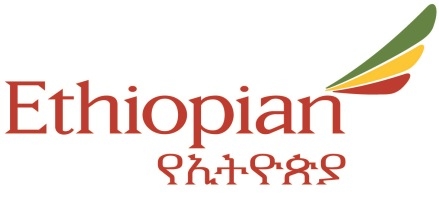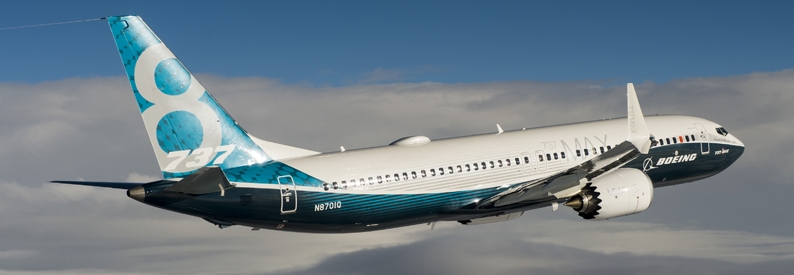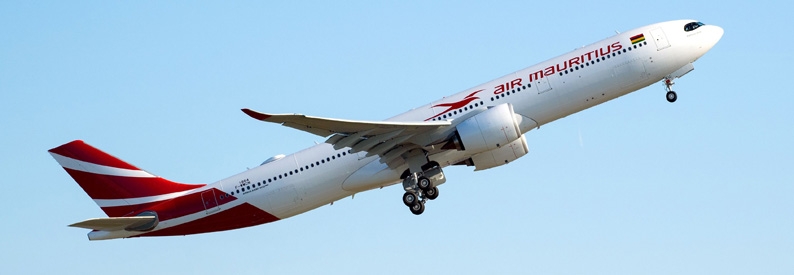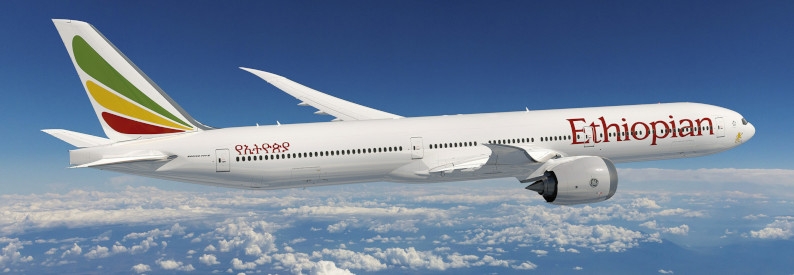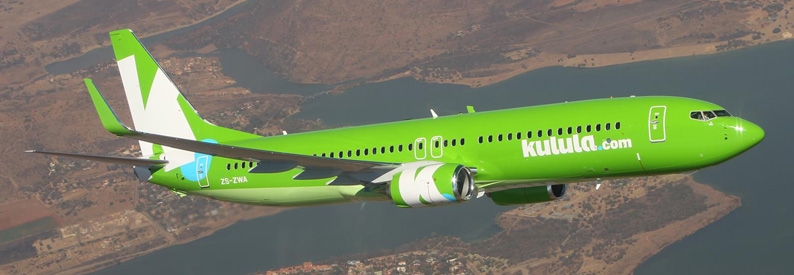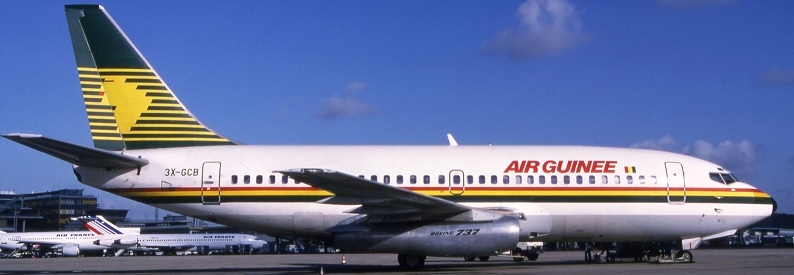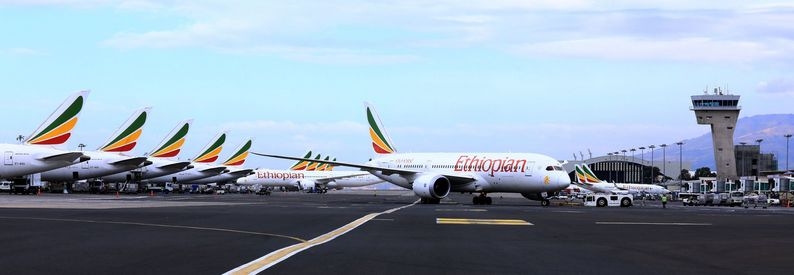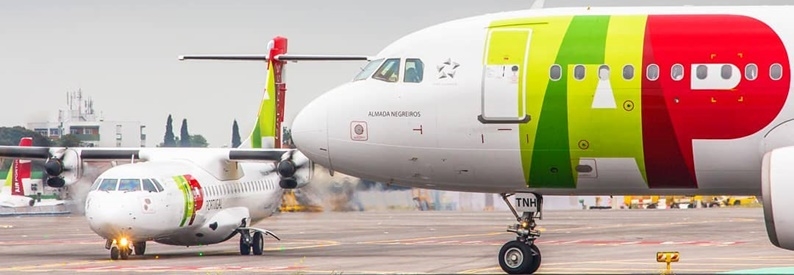Ethiopian Airlines (ET, Addis Ababa International) has been unable to recover its frozen funds in Eritrea, which led to the suspension of its flights to Asmara last year, a dispute its chief executive calls a political issue beyond the airline’s control.
CEO Mesfin Tasew told local media during a news conference to present the company's 2024/2025 financial results, that legal measures to recover the money had failed. "We pursued legal measures to recover the money through the courts, but the efforts were unsuccessful. Therefore the issue is a political decision," he was cited as saying by the Addis Standard newspaper.
The carrier halted flights to Eritrea’s capital in September 2024 after its bank account in the country was frozen. It had flown to Asmara from Addis Ababa International daily, mostly using B737-8s.
The suspension marked a setback in ties between the neighbours, which had only resumed direct flights in 2018 after two decades of hostility following a border war. Relations between Addis Ababa and Asmara have soured again in recent years.
Despite the standoff, Mesfin stressed that the airline continues to use Eritrean airspace for its international routes, denying reports that it had been barred.
In the last fiscal year ending June 30, 2025, Ethiopian Airlines reported record revenues of USD7.6 billion reflecting 8% year-on-year growth. It transported 19 million passengers, with 15.1 million on international routes and 3.9 million domestically. Cargo operations reached 785,323 tonnes.
Tasew said the state-owned carrier added 13 aircraft to its fleet, including four Boeings and three Airbus jets, and opened six new international routes. Ethiopian now serves 21 domestic airports, with six more under construction and expected to be operational within six months.
He acknowledged that the airline faced significant headwinds from conflicts in the Middle East, Sudan, Ukraine and the Democratic Republic of Congo, along with tightening United States government regulations.
Meanwhile, Ethiopian Airlines Group confirmed it had secured a USD500 million loan from the African Development Bank to help finance construction of the new Bishoftu International airport to be built in Abusera, about 40 kilometres south of Addis Ababa. The airport will handle 60 million passengers annually, with plans to expand capacity to 110 million.
Ethiopian Airlines is pursuing a 2040 growth strategy that emphasises network expansion, infrastructure development, and staff investment.
